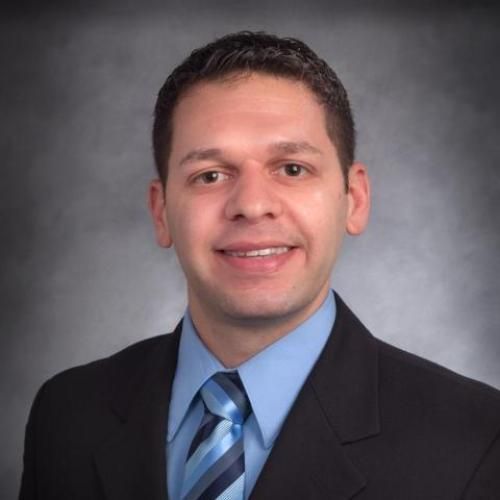Overview
Dr. Pirozzi's work thus far has been dedicated to studying brain tumors, particularly gliomas. During his research career, he has focused on identifying the common mutations present in gliomas and how these different mutations correlate with diagnoses and prognoses. To this end, Christopher was involved in several publications that identified and stratified brain tumor patients based on their mutation spectrum. For example, mutations in ATRX, CIC, FUBP1, and IDH1 can be used to distinguish patients with astrocytomas or oligodendrogliomas on a genetic level which can complement the difficult work of neuropathologists and better direct patient therapeutics. Christopher utilized these mutations as a foundation for animal modeling, leading to genetically faithful and biologically relevant systems that are applied to both basic research to understand the pathogenic nature of these mutations, as well as pre-clinical and translational research to understand how best to treat these tumors. Christopher’s work in animal modeling and understanding mutant IDH1-mediated gliomagenesis was recognized in several forms including first place winner of the Duke University School of Medicine’s Clinical Research Day poster session, being an invited speaker at the annual Department of Pathology’s Retreat, and as the recipient of the Robert and Barbara Bell Basic Science Cancer Research Award recognized at the Fifth Annual DCI Scientific Retreat in 2017.
Dr. Pirozzi is currently working on utilizing those mutations identified in the human genetic screens for immunotherapeutic purposes. He has generated a series of orthotopic intracranial injection-based immune-competent animal models for which he is actively investigating the impact the mutations have on the tumor-immune microenvironment and whether the tumor-immune microenvironment can be manipulated to promote an anti-tumor response. Specifically, his most recently funded Department of Defense Idea Award with Special Focus entails understanding the impact mutant IDH1 is having on the Th17 T cell lineage and whether this can be exploited for therapeutic purposes.
Christopher contributed to the successful funding of several grants including a Duke Cancer Institute Cancer Research Pilot Grant as well as an R33, focusing on the identification and cloning of mutation-specific T cell receptors that could be used for adoptive transfer. Understanding the tumor-immune microenvironment and whether it can be manipulated to improve therapeutics or promote an anti-tumor immune response, and the identification of tumor-specific therapies that will avoid collateral damage to the sensitive brain are active lines of investigation.

